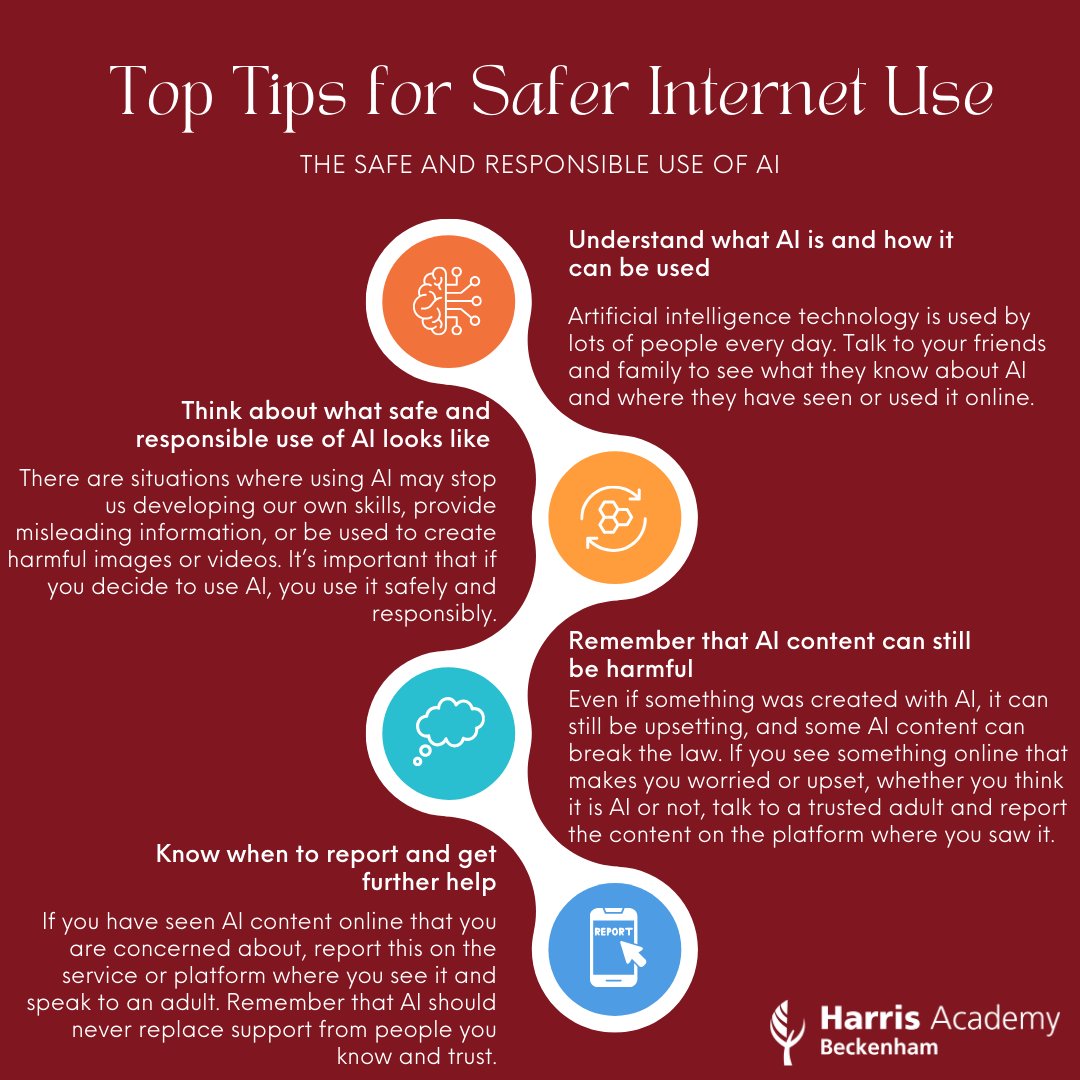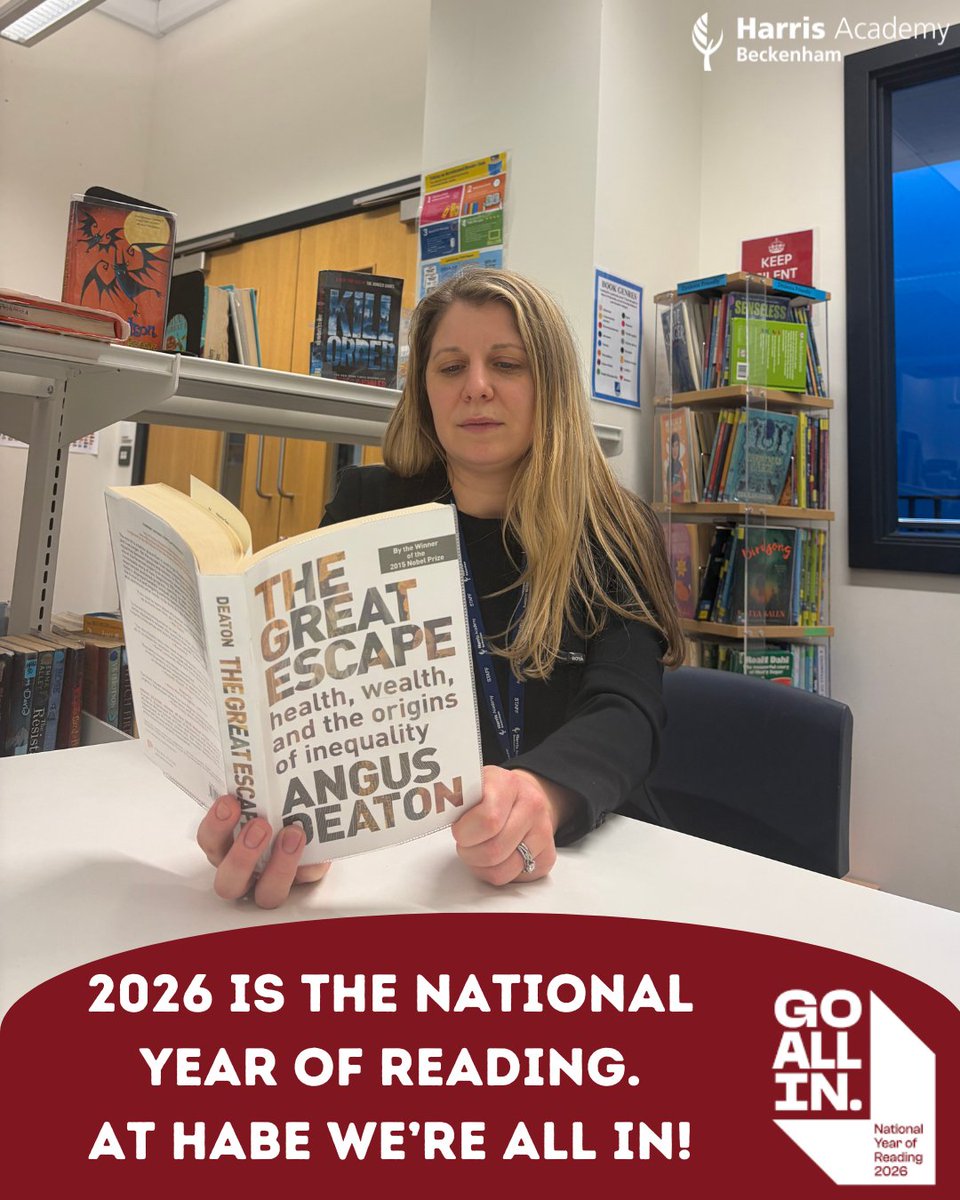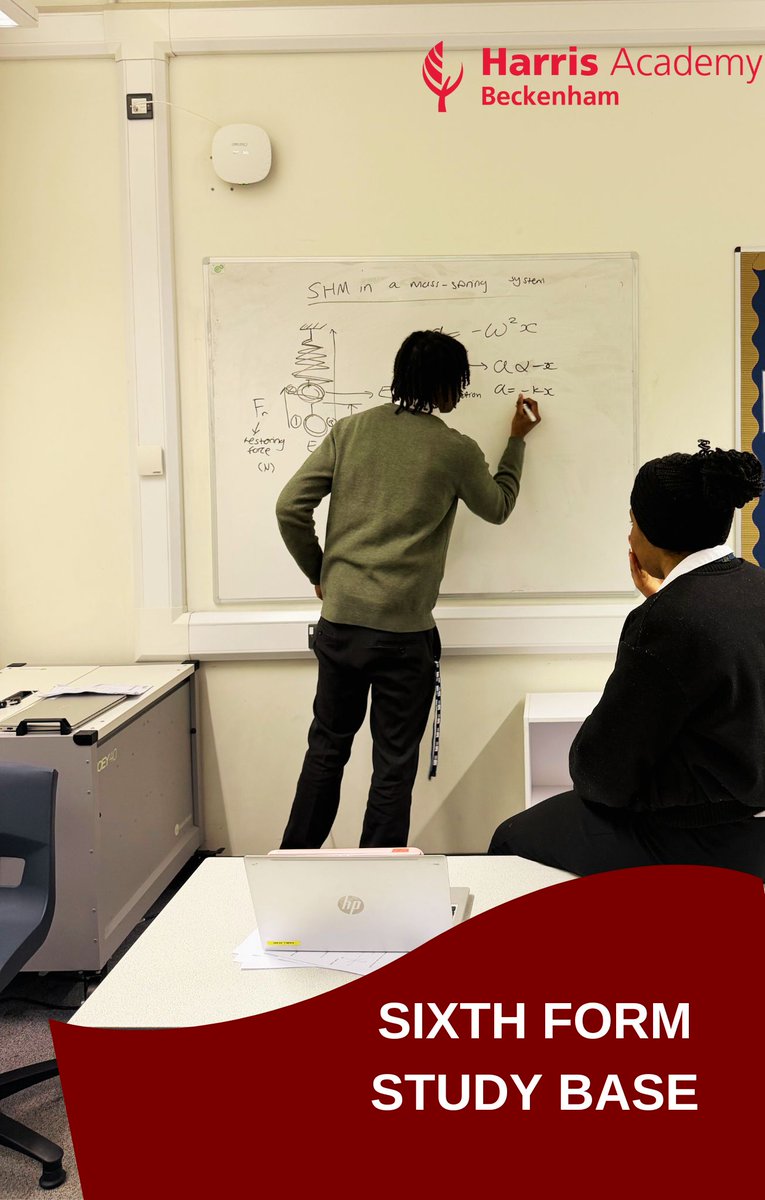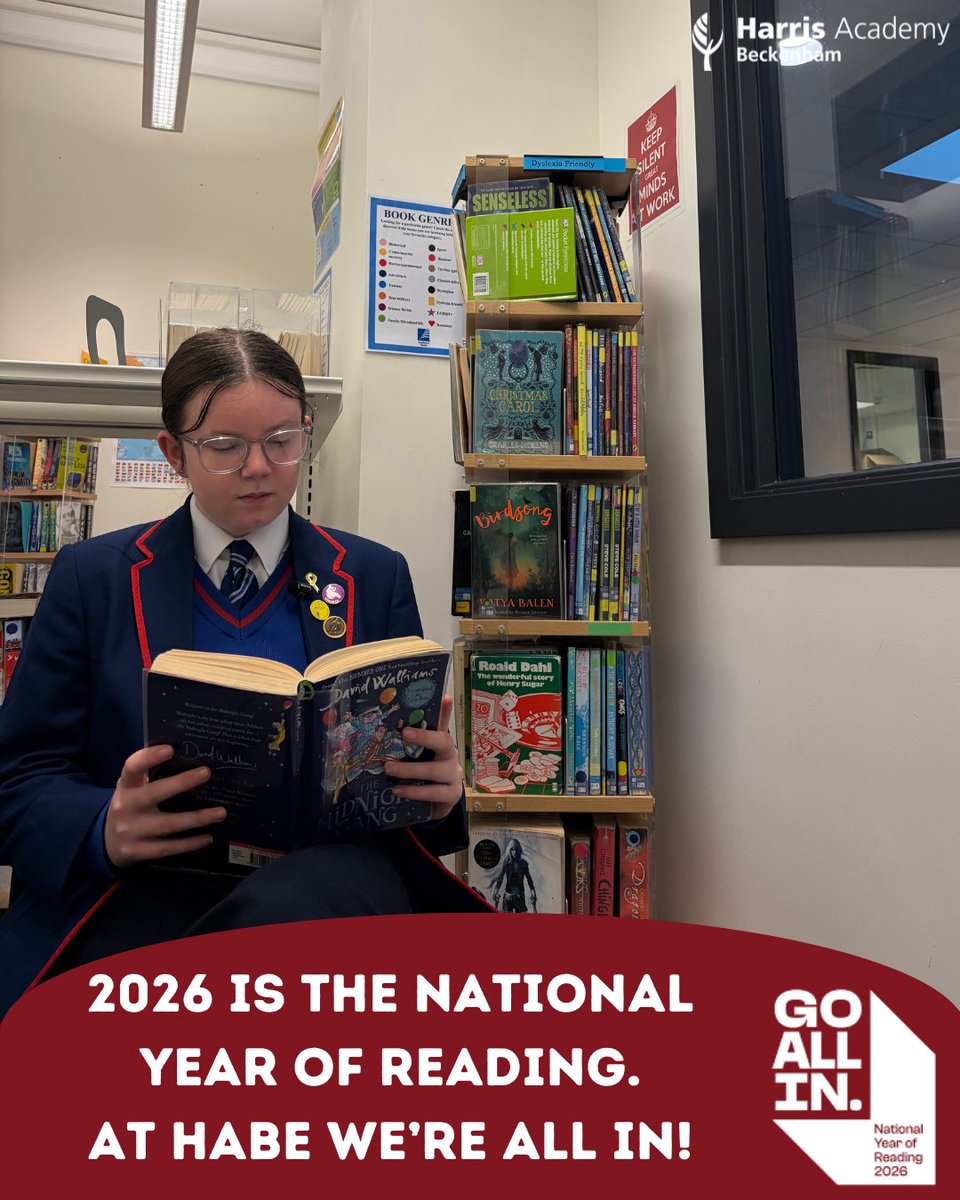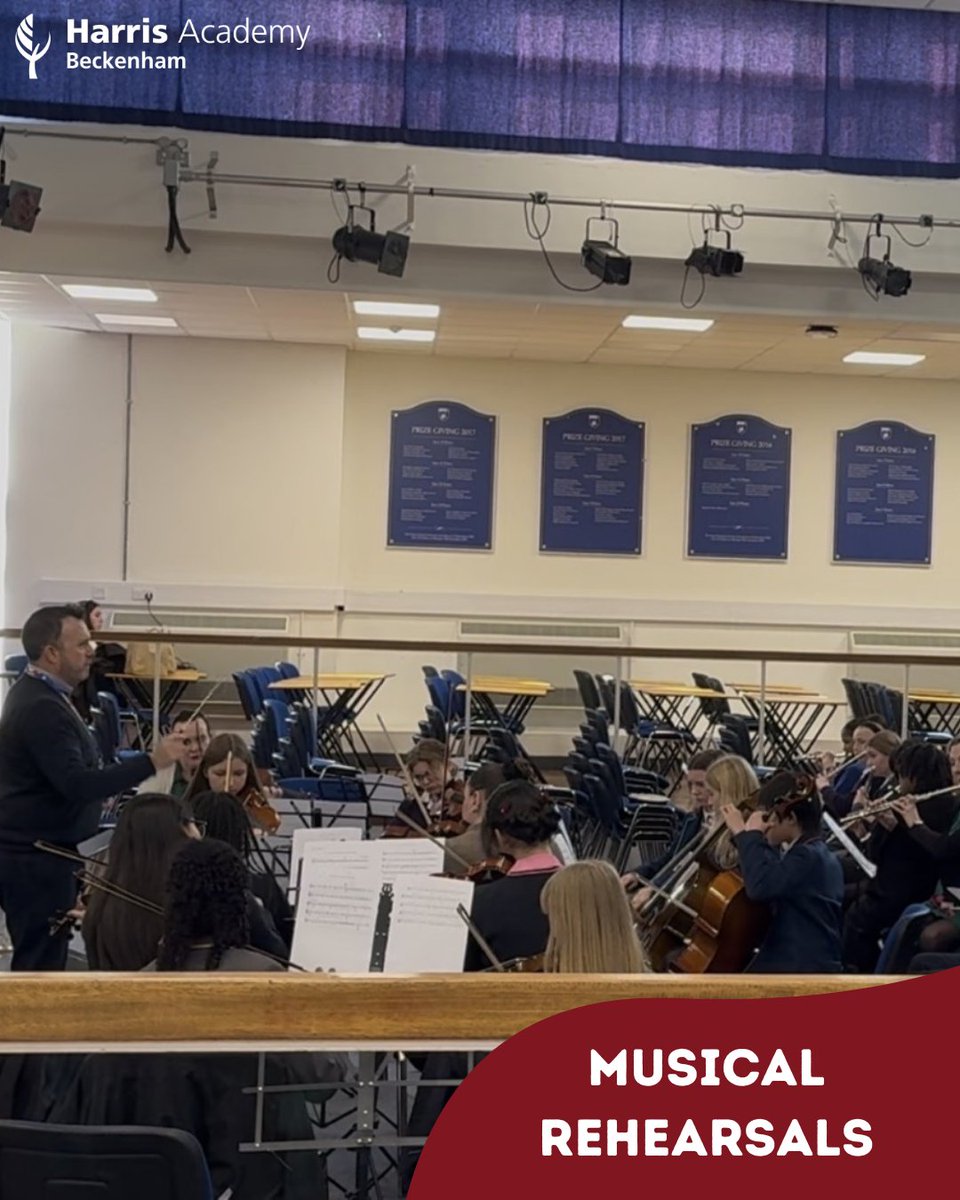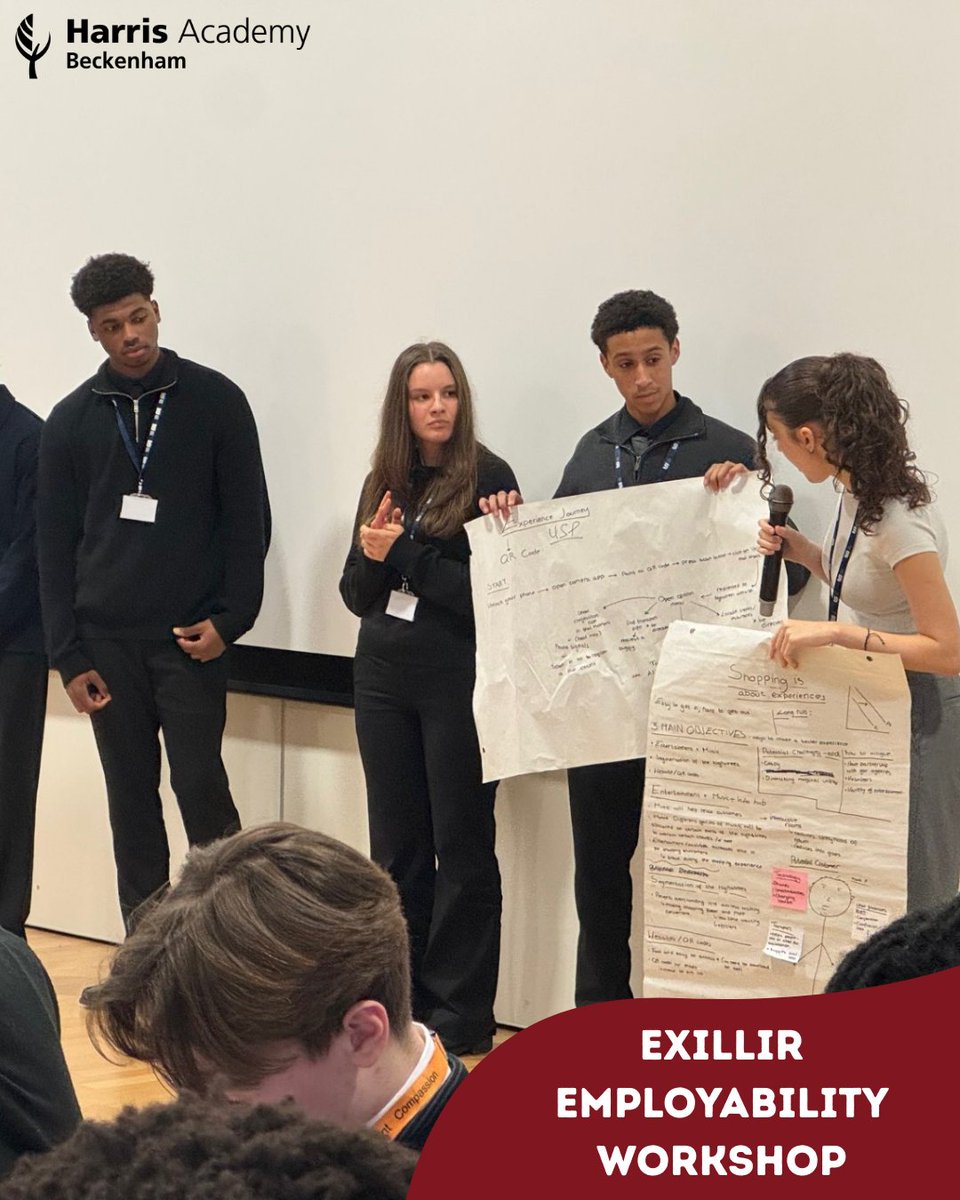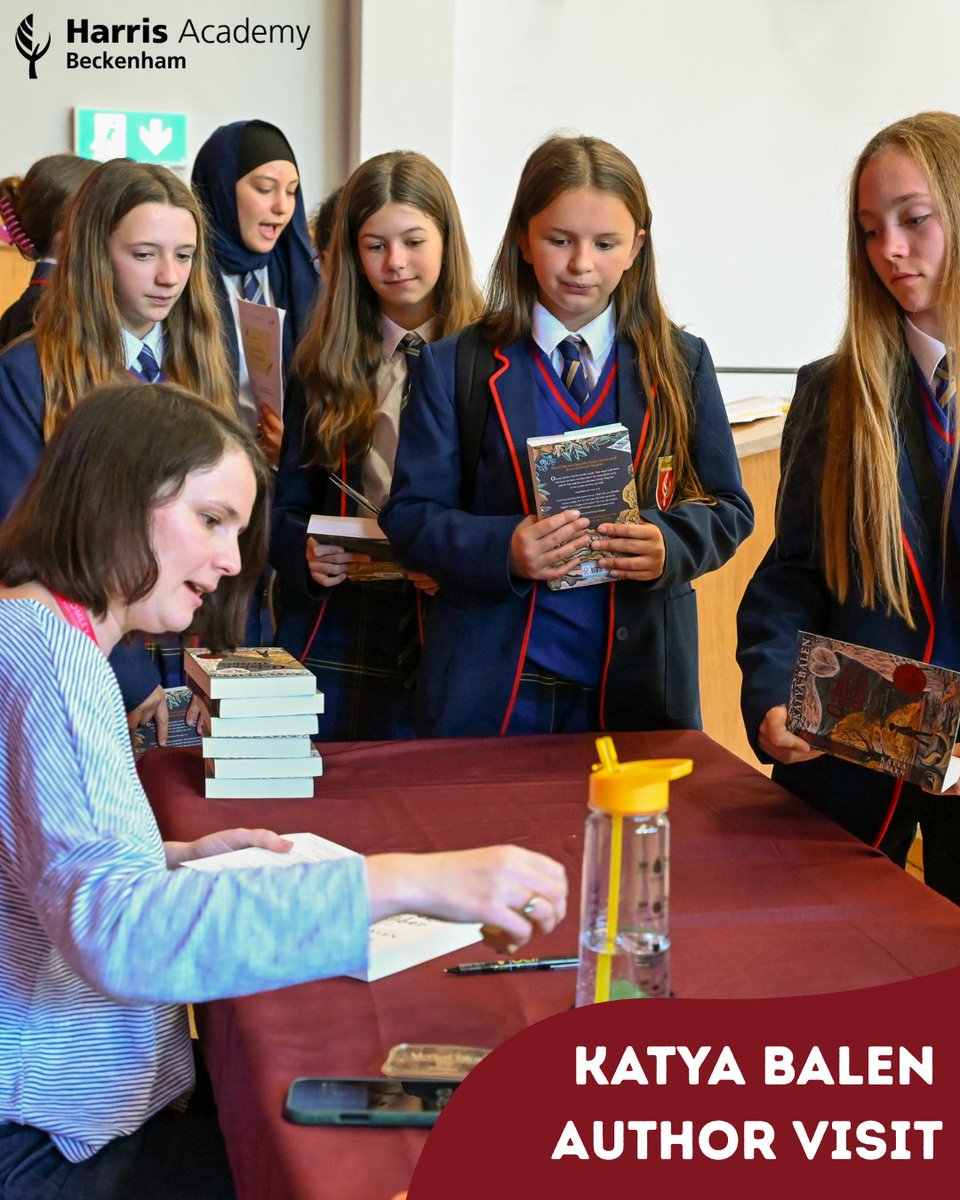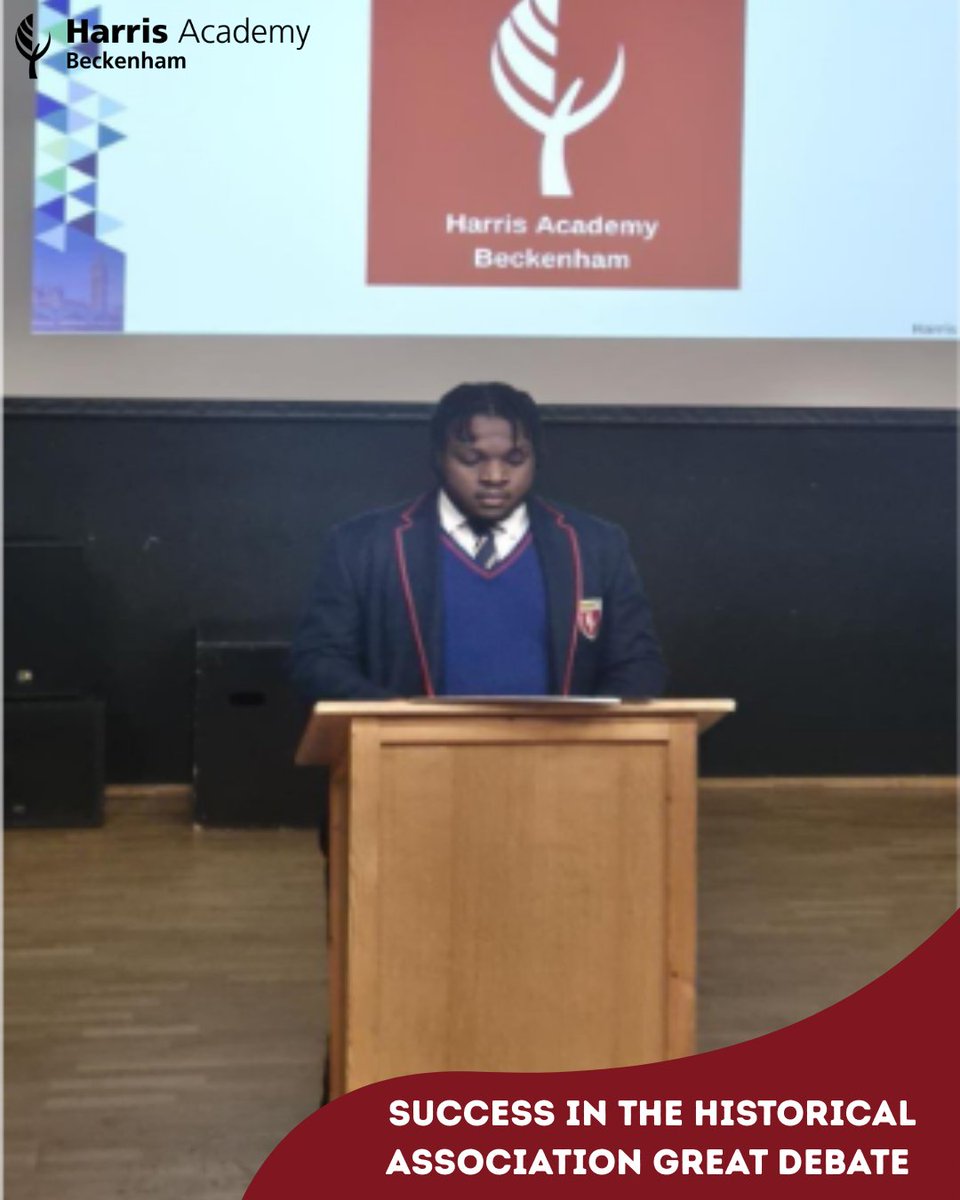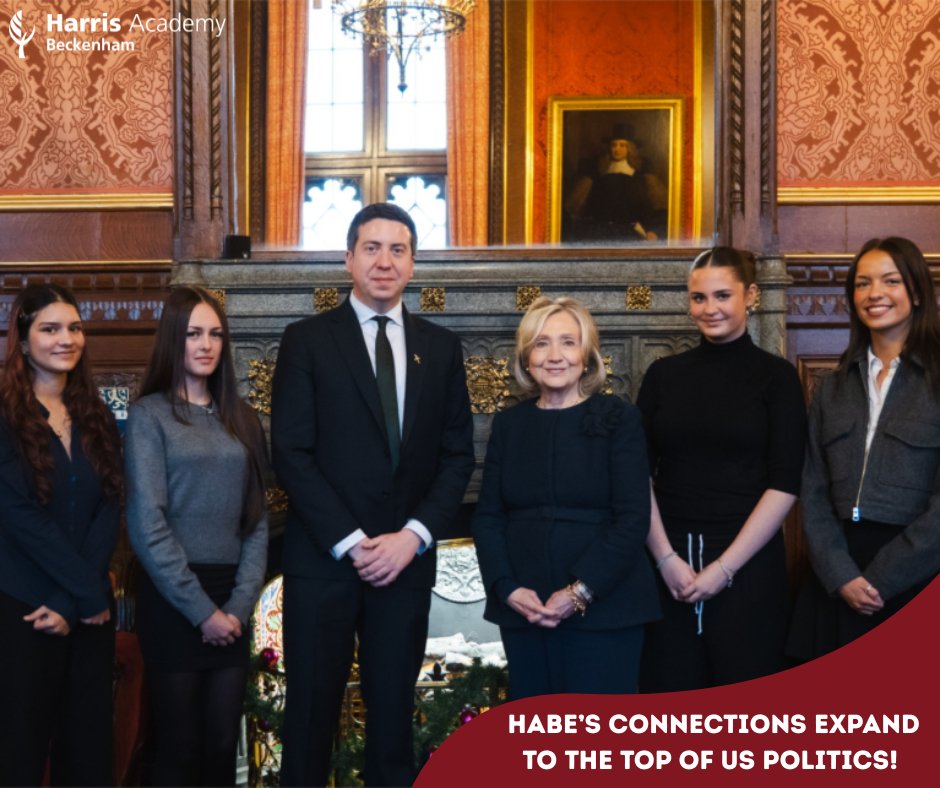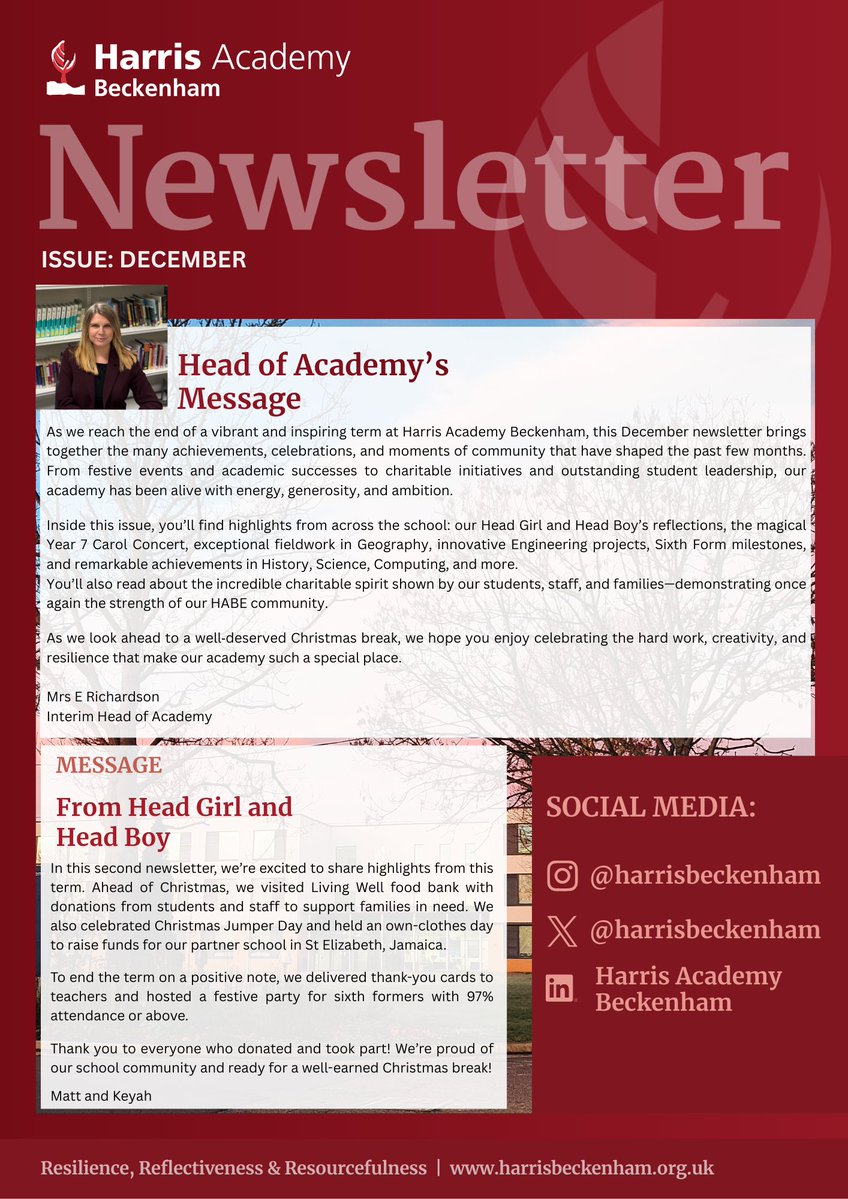Safeguarding
This page is designed to be a source of information about safeguarding for parents and students alike - to help inform and educate everyone in our Academy community.
If you have any safeguarding concerns, in the first instance please call the Academy on 020 8650 8649 or via the email addresses below.
- Our Designated Safeguarding Lead is Jemma Goulds, Vice Principal, j.goulds@harrisbeckenham.org.uk
- Our Senior Deputy Designated Safeguarding Lead is Adele Jamieson, a.jamieson@harrisbeckenham.org.uk
Our Child Safeguarding Policy can be downloaded at the bottom on this page.
Our safeguarding statement of intent
Harris Academy Beckenham is committed to providing a safe and secure environment for students, staff and visitors and promoting a climate where children and adults will feel confident about sharing any concerns they may have about their own safety or the well-being of others.
The Academy is committed to the vital contribution of all Governors and staff make to safeguarding our students a priority. We aim to ensure that child protection concerns and referrals are handled sensitively, professionally and in ways that support the specific needs of the individual child.
Through providing a caring, safe and stimulating environment which promotes the social, physical and moral development of all our students, we aim to foster an atmosphere of trust, respect and security.
To ensure that all students are safe, we work in conjunction with partnership agencies, staff, parents, visitors and members of the community to support our safeguarding procedures. We take our responsibilities for safeguarding children in our care extremely seriously. Many students have expressed their appreciation of the amount of support that the Academy has given them.
We work closely with our Safer Schools Team (Metropolitan Police) and they act as a first point of contact between the Academy and the police.
Keeping Children Safe in Education - Government guidance
The government publishes Keeping Children Safe in Education: Statutory guidance for schools and colleges on safeguarding children and safer recruitment - this is a key document which underpins many of our Academy safeguarding procedures.
Harris Academy Beckenham Safeguarding Team

At Harris Academy Beckenham we have designated child protection/Prevent duty lead and safeguarding officers who you can contact if you have any questions or concerns relating to either child protection or safeguarding.
If you have any safeguarding concerns, in the first instance please call the Academy on 020 8650 8649 or via the email addresses below. In the first instance, please contact Jemma Goulds (DSL) or Adele Jamieson (SDDSL).
Out of hours safeguarding concerns
If you have a safeguarding concern during any period the academy is closed, please call Bromley’s children's services (Monday to Friday, 8:30am to 5pm) on 020 8461 7373 / 7379 or call out of hours/weekends/public holidays on 0300 303 8671.
If you are seriously concerned about a child's immediate safety, call 999 and ask for the police or contact MASH@bromley.gov.uk or write to: Civic Centre, Stockwell Close, Bromley, BR1 3UHIf you think a child is in immediate danger or in the event of an emergency, please call 999.
You can also make a confidential report through our SHARPS (Schools Help, Advice, Reporting Page System).
|
Name |
Role |
Contact details |
|---|---|---|
|
Mrs Richardson |
Interim Head of Academy |
|
| Ms Goulds |
Vice Principal/ Designated Safeguarding Lead/Prevent Lead (DSL) |
|
|
Ms Jamieson |
Senior Deputy Designated Safeguarding Lead |
|
|
Mr Murdock |
Deputy Designated Safeguarding Lead |
|
|
Mr. Bradshaw |
Deputy Designated Safeguarding Lead |
|
| Ms. Pinney | Deputy Designated Safeguarding Lead | |
| Ms Cownley | Deputy Designated Safeguarding Lead for Sixth Form | a.cownley@harrisbeckenham.org.uk |
Every member of staff received annual Safeguarding Training and all our DSL/DDSLs receive Bromley Level 5/LSCP Groups 4-5 training from an external provider annually as well as LA Designated Persons Safeguarding Training.
Medical, Health and Safety and Attendance Officers
Our Medical Officer is Ms. S. Hurd: S.Hurd@harrisbeckenham.org.uk
Our Health & Safety Lead is Mr A Turton: A.Turton@harrisbeckenham.org.uk
Our Attendance Officer is Ms. A. King: A.King@harrisbeckenham.org.uk
Our Education Welfare Officer is Ms Y. Davis: Y.davis@harrisbeckenham.org.uk
How we communicate our safeguarding reporting procedures
We have a series of Safeguarding Posters which are designed for individual audiences such as STAFF, VISITORS and STUDENTS and are displayed in key places around the Academy.
This is to ensure that every stakeholder connected to the Academy can approach key staff to share any safeguarding concerns.
The Academy philosophy, vision and expectation on safeguarding is very clear. Every person connected with the Academy has a personal responsibility for the highest standards of safeguarding of our students. It doesn’t matter how you are connected to the Academy, as part of our community we all have a responsibility for safeguarding our students. The following groups all have equal responsibility for ensuring the highest standards of safeguarding:
1. All Academy staff
2. All Academy students
3. All Academy parents/carers
4. All external agencies that engage with the Academy and young people
5. All members of our local community
Visiting speakers to the Academy
Harris Academy Beckenham utilises the expertise of a wide range of guest speakers, lecturers, authors and visitors to enrich and augment the curriculum and learning opportunities of our students.
However, the safeguarding of our students is at the forefront of everything we do. To ensure that guests and visitors’ information is in line with our own values and ethos the Academy completes a rigorous process of checks. By completing these checks, the Academy is confident that we are protecting our students from extremist views such as radicalisation and homophobia while enjoying the wide benefits of external speakers.
All visitors to the Academy are expected to follow the Visitors' Code of Conduct outlined in our Visitors Leaflet supplied on arrival.
Safeguarding education at our Academy
Harris Academy Beckenham recognises the difficulties that young people and their families face in today’s society every day. We are committed to offering equal opportunities and support to all of our students. The Academy runs activities and workshops to raise awareness during the academic year to support students’ understanding and management of potentially unsafe or concerning situations including bullying, online safety and other specific safeguarding issues that may arise.
Support and mentoring schemes are made available to students to equip them with the required tools to make the right decisions and develop independence whilst keeping themselves safe by knowing how to access help when they need it.
Please see below the specific safeguarding concerns that could arise and some links to guide you:
Harris Academy Beckenham and the Prevent Duty
The Prevent duty has two specific strategic objectives to safeguard our students against radicalisation, extremism and any actions or beliefs that are contrary to British Values and our Academy ethos.
1. Respond to the ideological challenge of terrorism and the threat we face from those who promote it.
2. Prevent people from being drawn into terrorism and ensure that they are given appropriate advice and support.
Harris Academy Beckenham opposes all form of extremism. We define ‘extremism’ as vocal or active opposition to fundamental British values, including democracy, the rule of law, individual liberty and mutual respect and tolerance of different faiths and beliefs.
Harris Academy Beckenham and “Channel”
The Academy will work closely with the counter-terrorism referral programme “Channel”. Channel is a multi-agency approach to identify and provide support to individuals who are at risk of being drawn into terrorism.
The programme uses a multi-agency approach to protect vulnerable people by:
- identifying individuals at risk
- assessing the nature and extent of that risk
- developing the most appropriate support plan for the individuals concerned.
Female Genital Mutilation
Female genital mutilation (FGM) comprises all procedures involving partial or total removal of the external female genitalia or other injury to the female genital organs. It is illegal in the UK and a form of child abuse with long-lasting harmful consequences. Professionals in all agencies, and individuals and groups in relevant communities, need to be alert to the possibility of a girl being at risk of FGM, or already having suffered FGM. Click here to download the FGM Booklet for Professionals and Families.
Child Sexual Exploitation
Child sexual exploitation (CSE) involves exploitative situations, contexts and relationships where young people receive something (for example food, accommodation, drugs, alcohol, gifts, money or in some cases simply affection) as a result of engaging in sexual activities. Sexual exploitation can take many forms ranging from the seemingly ‘consensual’ relationship where sex is exchanged for affection or gifts, to serious organised crime by gangs and groups. What marks out exploitation is an imbalance of power in the relationship. The perpetrator always holds some kind of power over the victim which increases as the exploitative relationship develops. Sexual exploitation involves varying degrees of coercion, intimidation or enticement, including unwanted pressure from peers to have sex, sexual bullying including cyber bullying and grooming. However, it is also important to recognise that some young people who are being sexually exploited do not exhibit any external signs of this abuse. Visit the NSPCC website for more information about preventing abuse.
Children Missing from Education
At Harris Academy Beckenham we have put in place appropriate safeguarding policies, procedures and responses for children who go missing from education, particularly for those with persistent absences.
All children, regardless of their circumstances, are entitled to a full-time education which is suitable to their age, ability, aptitude and any special educational needs they may have. Local authorities have a duty to establish, as far as it is possible to do so, the identity of children of compulsory school age who are missing education in their area.
It is essential that all staff are made aware of the signs to look out for and the individual triggers to be aware of when considering the risks of potential safeguarding concerns such as travelling to conflict zones, Female Genital Mutilation (FGM), forced marriage and criminal exploitation.
All Academies and Schools must inform their Local Authority of any student who fails to attend Academy regularly, or has been absent without the Academy’s permission for a continuous period of 10 Academy days or more, at such intervals as are agreed between the Academy and the local authority.
Specific safeguarding issues
Expert and professional organisations are best placed to provide up-to-date guidance and practical support on specific safeguarding issues. Please visit www.nspcc.org.uk. Also available is the government guidance on the issues listed below via www.gov.uk
- child missing from education
- child missing from home or care
- child sexual exploitation(CSE)
- bullying including cyber bullying
- domestic violence
- drugs
- fabricated or induced illness
- faith abuse
- female genital mutilation(FGM)
- forced marriage
- gangs and youth violence
- gender-based violence/violence against women and girls (VAWG)
- mental health
- private fostering
- preventing radicalisation
- youth-produced sexual images
- teenage relationship abuse
- trafficking
Child on child abuse including sexual harassment and violence
At Harris Academy Beckenham we have a culture of safeguarding. The Academy does not tolerate any form of sexual harassment or violence. As per government guidance in 'Keeping Children Safe In Education 2022', the academy works on the assumption that sexual harassment and violence ‘could happen here' and insists that no member of our community ever treats sexual violence or harassment as 'banter' or 'a part of growing up'.
In order to ensure our culture of safeguarding is consistent and embedded throughout, the academy puts a series of proactive measures to reduce the risk of such incidents. Along with regular reinforcement, staff and student training and consistency, the key strategy is education. Specifically of appropriate behaviour through our PSHE/RSE programme.
The Academy also ensures that staff and students are trained to ensure they can recognise potential signs of abuse and how to report them. The academy educates students to understand sexual harassment may appear in many forms, and all members of our community have a duty to report any possible sign of sexual harassment or violence. These may include but are not limited to:
Sexual comments, such as telling sexualised stories, making lewd comments, making sexualised remarks about clothing and or appearance and calling someone sexualised names
- Sexualised “jokes” or taunting
- Physical behaviour, such as; deliberately brushing against someone, interfering with someone’s clothes
- Online sexual harassment. This may be standalone, or part of a wider pattern of sexual harassment and/or sexual violence
- Consensual and non-consensual sharing of nudes and semi-nudes images and/or videos
Sexualised behaviour sits on a continuum with five stages:
- appropriate – the type of sexual behaviour that is considered 'appropriate' for a particular child depends on their age and level of development
- inappropriate – this may be displayed in isolated incidents, but is generally consensual and acceptable within a peer group
- problematic – this may be socially unexpected, developmentally unusual, and impulsive, but have no element of victimisation
- abusive – this often involves manipulation, coercion, or lack of consent
- violent – this is very intrusive and may have an element of sadism
When the Academy is made aware of an alleged incident of sexual harassment or violence we take every step to ensure the student making the disclosure feels supported. The academy then completes a detailed investigation and works with our local safeguarding partners to arrive at a fair conclusion, before recording the incident and outcomes on CPOMS.
 Talking to your child about online sexual harassment: A guide for parents
Talking to your child about online sexual harassment: A guide for parents
As noted, sexual harassment can take place anywhere and at anytime.
Please click HERE to download a copy of Talking to your child about online sexual harassment: A guide for parents, which supports parents in discussing online sexual harassment with their children.
Please feel free to also contact the Academy for a recording from our recent parents seminar which focuses on 'parenting in a digital world' and the Parents’ Forum presentation on online safety and harmful sexual behaviour.
Childline ‘Report, Remove’
 Childline has released support for children of all ages to help remove nude images shared online. To get the imaged removed, visit the website. The child will need to:
Childline has released support for children of all ages to help remove nude images shared online. To get the imaged removed, visit the website. The child will need to:
- Select their age
- Create a Childline account to receive updates on the report
- Report the image or video to the Internet Watch Foundation (IWF)
The only information you will give to the IWF are the images, videos or URLs you report. There is space to add information such as where the image or video is on a webpage. Childline will never see what pictures and videos or URLs you share with the IWF. The only information the IWF shares with Childline apart from your case number is if they will take down your images or videos, and why.
E-safety
The online world is a wonderful place for young people to explore, with unprecedented opportunities for learning and creativity. But just like the real world there are risks and dangers they should be aware of, and which we can act to protect them from. Although the Academy teaches students e-safety as part of the curriculum, it is vital that parents are aware of the risks too, and what they can do to develop a culture of e-safety in the home.
This page has some helpful resources for parents that will enable you to help your child stay safe online. If you have any concerns about your child's e-safety, there is always someone at the Academy who is available to talk to you.
TikTok
TikTok is a very popular social media platform for young people. Download TikToc: What parents need to know, produced by the Metropolitan Police and National Online Safety. The leaflet also details key safety tips for parents.
Think You Know
The Think You Know website is created by the police for parents of children at secondary Academy. It contains useful information about:
- what children are doing online
- how to talk to children about what they are doing online
- what risks your child might face
- what tools are there to help them stay safe.
Think You Know have also produced a Parents' Guide to E-Safety and also the following booklets to provide parents/carers with helpful information on how to explore and monitor their children’s apps.
Sexting
The term ‘sexting’ describes the use of technology to share intimate images of yourself. It’s a word-mix of sex and texting. The content can vary, from text messages to images of partial nudity to sexual images or videos. For more information and guidance for parents and children visit the Childnet website.
 Other useful resources
Other useful resources
Please find some links and resources that you might find helpful.
- www.internetmatters.org - tools, tips and resources to help children benefit from connected technology smartly and safely
- List of helpful online resources produced by Childnet
- www.childnet.com – Visit the ‘Know It All’ Section for an interactive guide about online safety
- www.getsafeonline.org – Free up-to-date security advice
- www.cybermentors.org.uk – Online support for children
- www.ceop.police.uk – Website of the Child Exploitation and Online Protection Centre
- www.bbc.co.uk/onlinesafety – guidance about how to make the most of being online while staying safe.
- www.nspcc.org.uk/preventing-abuse/keeping-children-safe/share-aware - the NSPCC has launched the Share Aware campaign which provides straightforward advice to parents on how to keep their 8-12-year-olds safe on social networks
- https://www.saferinternet.org.uk/professionals-online-safety-helpline - resources for professionals working in the area of safeguarding with children and young people, but could be of interest to parents too
- What parents need to know about Instagram - a leaflet from NationalOnlineSafety.com
- 'The internet, relationships and you' - guidance from Think You Know
- Helping your child get the most out of the internet - guidance from Think You Know.
- NSPCC - Keeping children safe online - guidance for parents
- NSPCC - Sharing nude and semi-nude images - guidance from the NSPCC to help parents understand the risks and support your child if they've been sending, sharing or receiving nude images: https://www.nspcc.org.uk/preventing-abuse/keeping-children-safe/sexting/
- Get Safe Online - unbiased, factual and easy-to-understand information on online safety.

